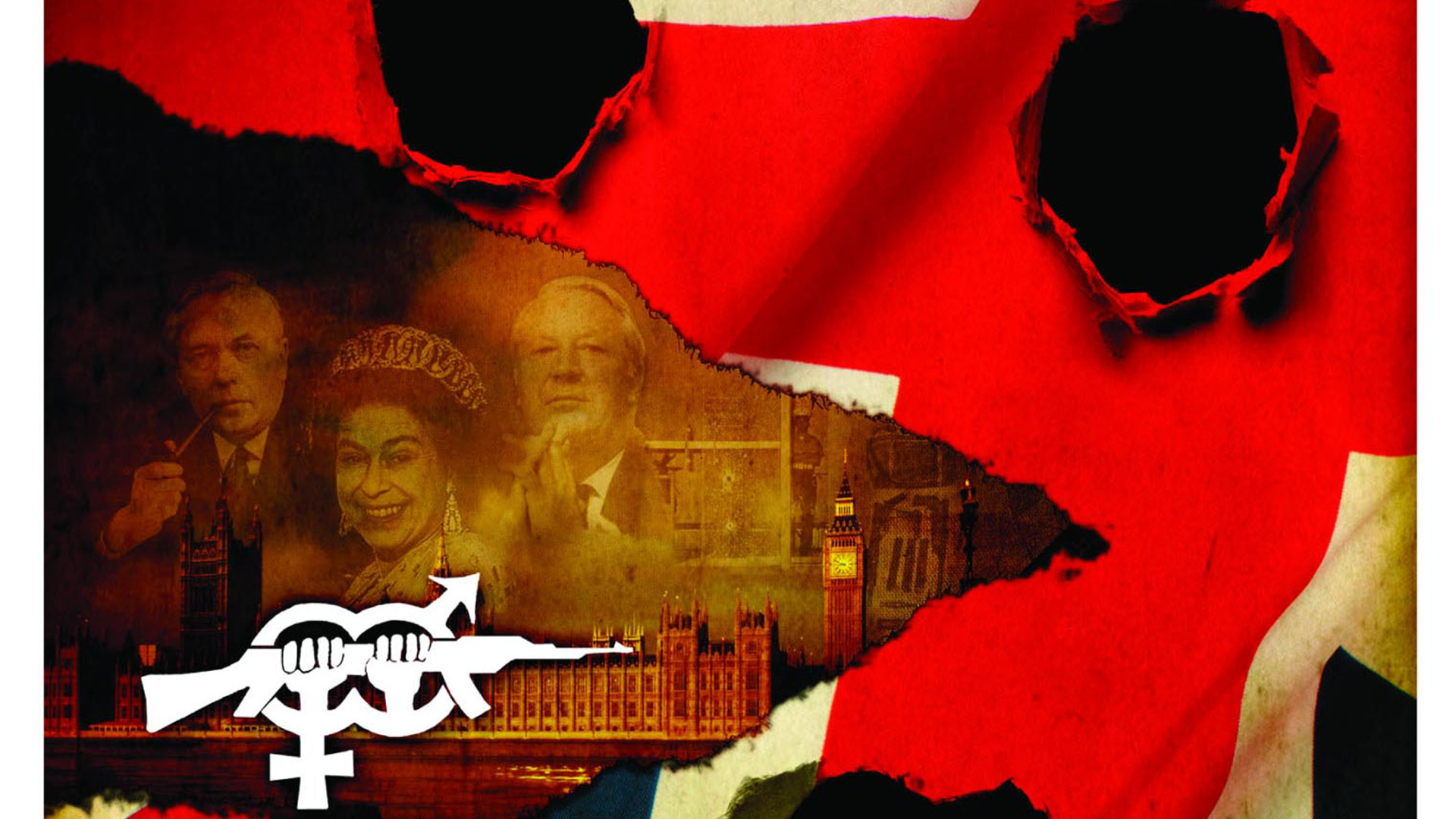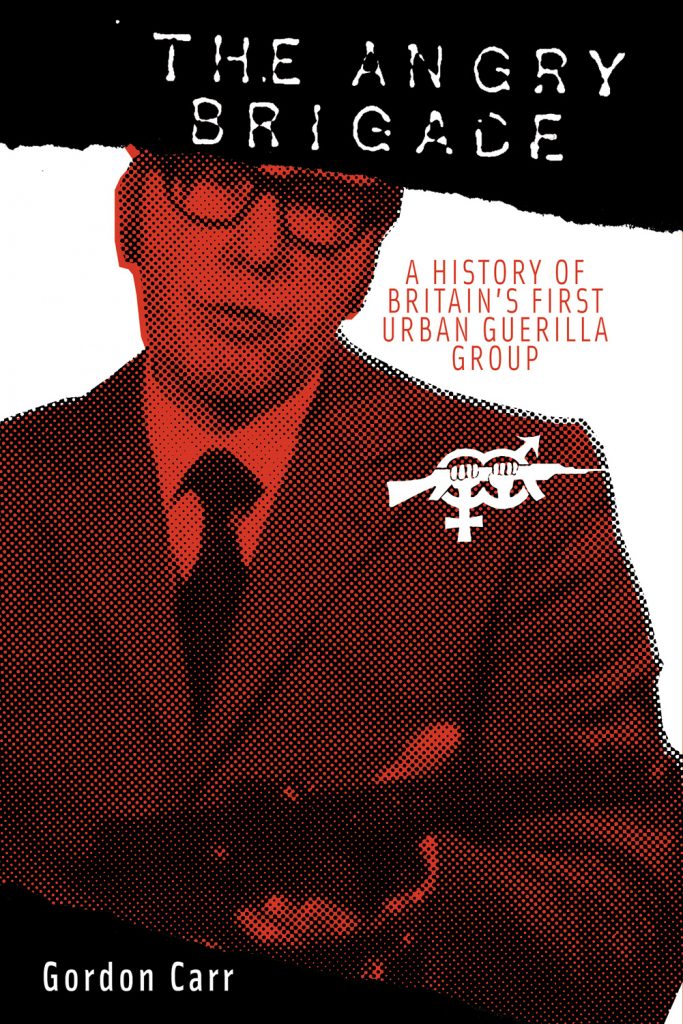By Gavin Bowd
Living Scotsman
October 12th, 2010
It is said there are three things that the British do worse than their continental cousins: railways, fascism, and porn.
To the list could be added terrorism. This re-edition of Gordon Carr’s history of the Angry Brigade, Britain’s first urban guerrilla group, plunges us back into a time when a group of middle-class drop-outs thought that bullets and sticks of dynamite could rouse the western working class from its slumber.
Between 1970 and 1972, the “Angries” targeted government ministers, police stations and army barracks, embassies of ‘oppressive’ regimes, a Biba boutique and the Miss World contest. Only one person was hurt, and sometimes the damage was so minimal that, in the case of the London embassy of Franco’s Spain, the alert was only raised by a cleaning lady some days later. The ambition of this home-grown group was, however, melodramatic and megalomaniacal. In one of their communiqués, they declared: “We have sat quietly and suffered the violence of the system for too long. We are being attacked daily.” This campaign was masterminded by former members of the Kim Philby Dining Club at Cambridge University, who graduated to squatting and stealing students’ cheque books.
The “Stoke Newington 8” were soon arrested. But despite their hatred of “the system'” they hid behind claims of innocence, exploited legal technicalities and, thanks to the very British leniency of the judge, turned the longest criminal trial in this country’s history into a political circus where they could throw insulting remarks at the “pigs.” It is the latter who emerge as the real heroes of this story, as Carr describes in detail the painstaking way in which they prepared and obtained convictions. Indeed, the only positive contribution made by the Angry Brigade was the creation of the Bomb Squad, which would be of great use against the infinitely more deadly threat of Irish republicanism.
Britain’s urban guerillas never enjoyed the doomed chic of the Baader Meinhof Gang and the Red Brigades, who attracted genuine sympathy for their struggle against a state machinery still steeped in fascism. Unlike some of their continental counterparts, they did not go on to make an impact in mainstream politics. Under an adopted name, Anna Mendelson has received considerable acclaim for her poetry, but her cultural impact cannot rival that of another Kim Philby diner, one Tony Wilson, late owner of Situationist-inspired night club, the Haçienda.
In a self-serving addendum, Stuart Christie remarks that at least he and his comrades were not “Bolshevik psychos.” But on Clydeside in 1972, Jimmy Reid and his fellow “psychos” had the gumption and guts to achieve something more lasting than anything that emerged from a dope and dole-dependent hippie commune in London.







